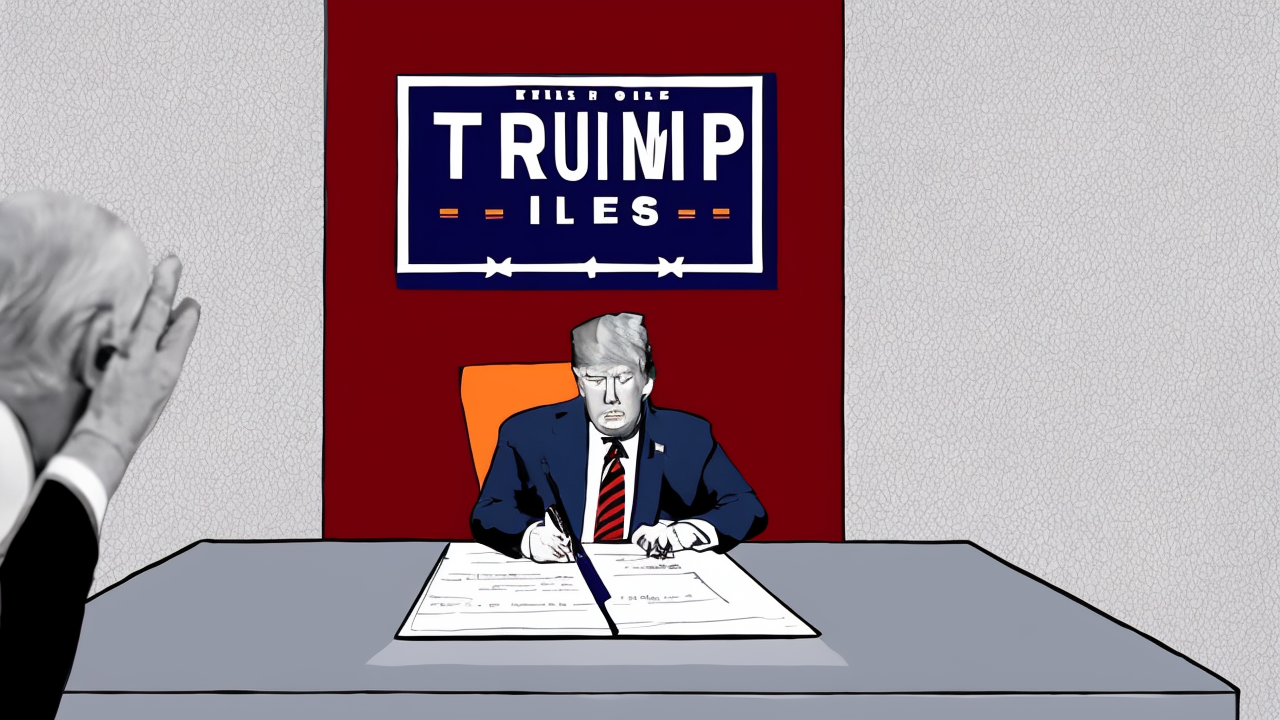Reclaiming Healthcare Integrity: A Call for Common Sense and National Responsibility

Mehmet Oz, the newly appointed CMS Administrator, delivered a rare and refreshing message at the American Medical Association’s Interim Meeting—one rooted not in political grandstanding but in practical wisdom and deep concern for the nation’s health. His call for physicians to act with both curiosity and courage struck a chord with many who have long watched as healthcare policy drifted from its foundational purpose: serving real people, not bureaucratic systems.
Oz did not mince words. He challenged the idea that expanding Medicaid to include millions of able-bodied adults is sustainable or just. He pointed out that the proposed $5.4 trillion expansion of Medicaid would only deepen fiscal strain and weaken the system’s ability to care for those who truly need help. His words echoed a simple truth: a safety net should support those who cannot work due to illness or disability, not become a substitute for work and personal responsibility.
He highlighted a troubling reality—12 million people enrolled in ACA subsidies in 2024 did not use their insurance. That’s not a failure of access; it’s a sign of a system that rewards enrollment over use. When healthcare is free, incentives shift. People don’t value what they don’t pay for. That’s not a flaw in human nature—it’s a flaw in policy design. True compassion doesn’t mean giving something for nothing. It means ensuring that resources go where they do the most good.
Oz also took aim at the growing burden of prior authorization and administrative waste. These are not minor inconveniences—they are real barriers that slow down care, frustrate doctors, and drive up costs. He praised recent CMS efforts to reduce red tape and expand alternative payment models that reward quality and efficiency. These changes matter. They help physicians focus on patients, not paperwork.
What stood out most was Oz’s emphasis on accountability. He called for work requirements in Medicaid and better verification of need. These are not attacks on the poor—they are safeguards for the system and for those who are working hard to make ends meet. When able-bodied adults receive benefits without any requirement to contribute, it sends a message: you don’t need to work. That undermines the dignity of labor and weakens the social contract.
The truth is, a strong healthcare system depends on a strong society. When people feel responsible for their own well-being, they are more likely to seek care, follow treatment, and support the system that serves them. When they feel entitled to care without effort, the system becomes fragile.
Oz’s message was not about cutting care—it was about restoring it to its rightful place: as a service rooted in responsibility, not entitlement. He reminded doctors that they are not just providers of medical treatment but stewards of public trust. And he reminded the nation that fiscal discipline and moral clarity are not enemies of compassion—they are its foundation.
We don’t need more spending. We need smarter spending. We don’t need more bureaucracy. We need more accountability. The future of American healthcare depends on choosing common sense over ideology, integrity over inertia, and real people over abstract promises.
The time for reform is not tomorrow. It is now. And it starts with courage, curiosity, and a return to the values that have long defined this nation: hard work, self-reliance, and service to one another.
For more on healthcare reform and fiscal responsibility in the U.S., search for "Mehmet Oz CMS healthcare policy."
Published: 11/18/2025








